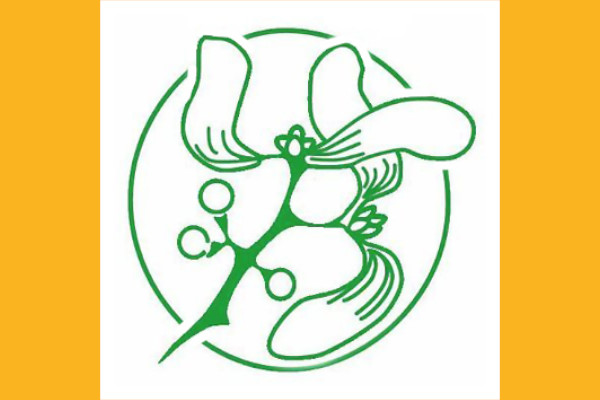
New Research Network Announcement: Folklore Without Borders
Invitation to join the new Folklore without Borders research network. The UK’s Arts and Humanities Research Council have funded this network aiming to embed greater equality, diversity and inclusion (EDI) within UK folklore.
The UK’s Arts and Humanities Research Council have funded a research network aiming to embed greater equality, diversity and inclusion (EDI) within UK folklore. Led by Matthew Cheeseman (University of Derby) and Paul Cowdell (University of Hertfordshire) and running through 2024, the network is hosting an international knowledge exchange on folklore theory, method, and creative and curatorial practices. You are invited to join it!
The network is focused on the UK and has already begun. Most of its initial members are from England, with participants from Wales, Scotland, Norway, and the United States. Currently, it includes SIEF members Nicolas Le Bigre (University of Aberdeen), Tina Paphitis (University of Bergen) and Simon Poole (University of Chester). The network conceives of UK folklore as an assemblage collecting researchers, practitioners, creative industry professionals, entrepreneurs, and communicators, all working across three domains: academia (researchers, teachers), independent stakeholders (practitioners, artists, writers; entrepreneurs) and cultural industries (museums, galleries, archives, media).
All of its participants recognise diversity issues in folklore. Some are systemic to Higher Education (HE), creative arts practice and entrepreneurship in the UK (the erasure or under-representation of the minoritized; whether racially, disabled, LGBTQ+, female, particularly at senior career stage), some are specific to the discipline (such as advocacy, representation and agency within folklore research), and some take heightened form in the UK, where interest and involvement in folklore is overwhelmingly white, with an absence of disability, urban, working class voices, diverse genders, races and sexualities.
 To facilitate knowledge exchange, the network has two Learned Societies as partners: the Folklore Society and the American Folklore Society. The latter’s Cultural Diversity Committee has, since 1994, developed practice and research in diversifying folklore. There are three further partners, the Folklore Library and Archive, the Folklore Museums Network and Bloc Projects, a contemporary art gallery. The network would like to reach out to SIEF members, from any country, for their involvement and perspectives.
To facilitate knowledge exchange, the network has two Learned Societies as partners: the Folklore Society and the American Folklore Society. The latter’s Cultural Diversity Committee has, since 1994, developed practice and research in diversifying folklore. There are three further partners, the Folklore Library and Archive, the Folklore Museums Network and Bloc Projects, a contemporary art gallery. The network would like to reach out to SIEF members, from any country, for their involvement and perspectives.
The network seeks to understand and share the cultural value of folklore. How can the perception of folklore as something available to and practised by all groups enter the practice of those who work with folklore in the UK? A series of six digital meetings and three two-day events have been designed to stimulate discussion and generate collaborations. Membership of the network is open to anyone, and all physical events are blended to make attendance possible by digital means.
If you’d like to join, please email m.cheeseman(at)derby.ac.uk or p.cowdell(at)herts.ac.uk for more information.
Tina Paphitis, University of Bergen




